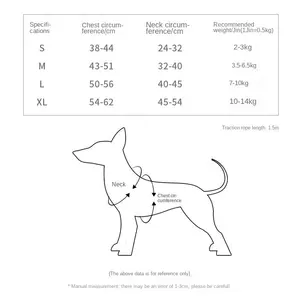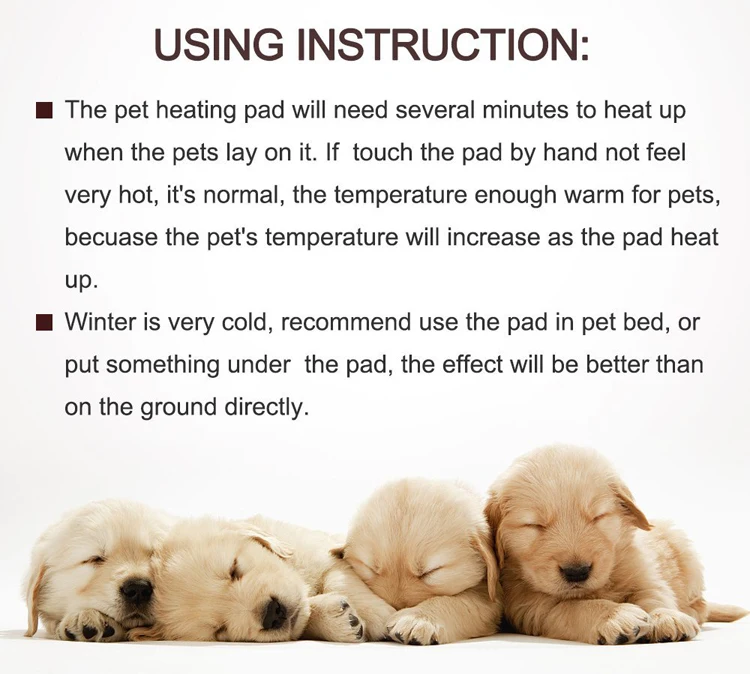Understanding and Caring for Pets with Disabilities: A Comprehensive Guide
#### Introduction to Pets with DisabilitiesPets with disabilities, or "残疾宠物" in Chinese, are animals that may face physical or mental challenges, impacting……
#### Introduction to Pets with Disabilities
Pets with disabilities, or "残疾宠物" in Chinese, are animals that may face physical or mental challenges, impacting their daily lives and interactions. These disabilities can range from mobility issues, such as missing limbs or blindness, to neurological conditions that affect behavior. Understanding how to care for these pets is crucial for their well-being and happiness.
#### Common Types of Disabilities in Pets
1. Mobility Issues
Many pets, especially older ones, may struggle with mobility due to arthritis, hip dysplasia, or injuries. Some pets might require wheelchairs or special harnesses to assist them in moving around.
2. Vision Impairments
Conditions like cataracts or retinal degeneration can lead to blindness in pets. Owners need to adapt their homes to make them safer and easier for their visually impaired pets to navigate.
3. Hearing Loss
Pets with hearing impairments may not respond to verbal commands. Instead, they can be trained using hand signals or vibrations to communicate effectively.

4. Neurological Disorders
Some pets may suffer from conditions that affect their behavior and coordination. These can include seizures or disorders that impact their ability to interact socially.
#### The Importance of Adoption and Support
Adopting pets with disabilities can be incredibly rewarding. Shelters often have many disabled pets looking for loving homes. By choosing to adopt these animals, you are not only providing them with a second chance but also enriching your life with their unique personalities.
#### Caring for Pets with Disabilities
1. Creating a Safe Environment

It is essential to modify your living space to accommodate pets with disabilities. This could involve removing obstacles, providing ramps, or ensuring that their resting area is comfortable and accessible.
2. Regular Veterinary Care
Regular check-ups with a veterinarian are vital for monitoring the health of pets with disabilities. Discuss any special needs or treatments that may be required.
3. Nutrition and Exercise
Tailoring your pet's diet to their specific needs can help manage their disabilities. Additionally, providing low-impact exercises can keep them active without causing strain.
4. Emotional Support and Training

Building a strong bond with your pet through training and socialization is crucial. Positive reinforcement techniques can help them learn new commands and adjust to their disabilities.
#### Resources for Owners of Pets with Disabilities
There are numerous resources available for pet owners, including online communities, support groups, and organizations dedicated to helping pets with disabilities. These resources can provide valuable information, advice, and emotional support for both you and your pet.
#### Conclusion
Caring for pets with disabilities requires patience, understanding, and love. By educating yourself about their needs and making necessary adjustments in your home and lifestyle, you can provide a fulfilling and happy life for your furry friend. Remember, pets with disabilities have so much to offer and can bring immense joy to your life. Embrace the challenge, and you'll be rewarded with unconditional love and companionship.